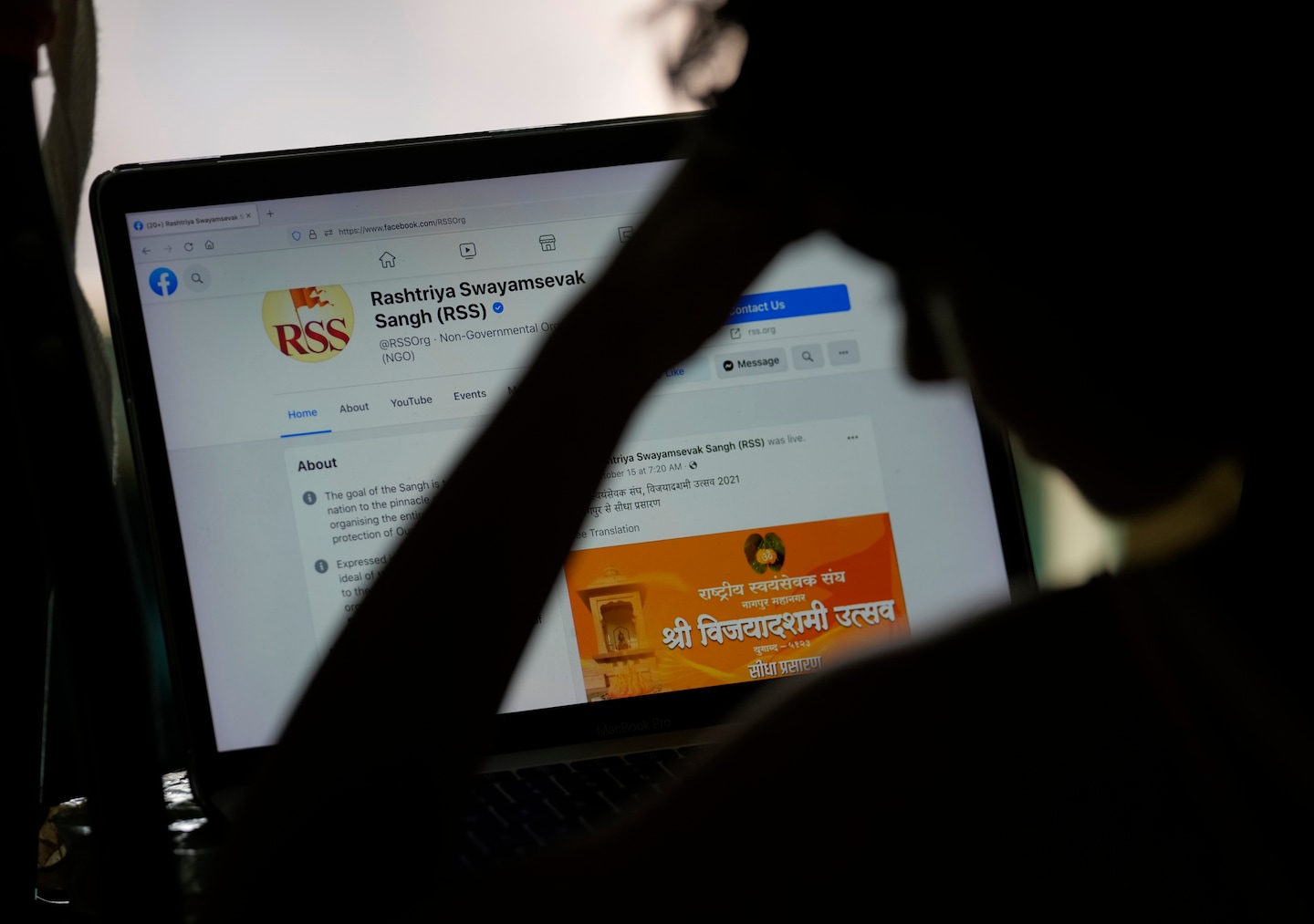In India, social media platforms have become conveyor belts for hate under Prime Minister Narendra Modi, his Hindu nationalist Bharatiya Janata Party and its affiliated groups. That is the takeaway from an unsettling Post series, “Rising India, Toxic Tech,” by reporters Gerry Shih, Joseph Menn and Pranshu Verma, which reveals that platforms such as Facebook, WhatsApp, YouTube and Twitter, now known as X, were late and lame in stamping out vile content aimed at India’s Muslim minority.
Opinion | India’s toxic mix of nationalism and social media threatens democracy

To be sure, Mr. Modi and the BJP have, first and foremost, driven the majoritarian nationalism and autocratic drift that undermine India’s democracy day by day. Yet platforms allowed bad actors to break their rules repeatedly, while they played catch-up or turned a blind eye. A spokeswoman for Facebook, Margarita Franklin, told The Post, “We prohibit coordinated inauthentic behavior, hate speech and content that incites violence, and we enforce these policies globally.” These are fine goals that, judging by the series, are regularly unmet in India.
Nearly three years ago, a Facebook team uncovered a vast social media influence operation that used hundreds of fake accounts to praise the Indian army’s crackdown in the restive border region of Kashmir and accuse Kashmiri journalists of separatism and sedition. The team identified a storied Indian army unit as the source of this inauthentic behavior. But when they sought to delete the network’s pages, Facebook executives in New Delhi pushed back, saying they didn’t want to antagonize the government of a sovereign nation over actions in territory it controls, that they needed to consult lawyers and that they feared retribution. Their objections “staved off action for a full year,” the Post reporters found, “while the Indian army unit continued to spread disinformation that put Kashmiri journalists in danger.”
When the Facebook investigators ran into resistance from their colleagues in India, they passed the information to their counterparts at Twitter, where the army had established a parallel operation. The Facebook team “hoped that Twitter would do the first takedown, giving Facebook political cover so it wouldn’t have to face government retribution alone and its internal dispute could be resolved.” But Twitter “took no action” out of fear of angering the government and losing users.
In south India’s Karnataka state, the Post reporters found that Mr. Modi’s party and related nationalist groups have spread inflammatory material on an industrial scale. As Karnataka geared up for elections, the BJP used tens of thousands of followers to propagate its messages across a range of WhatsApp groups. Alongside the official party machine, the Post reporters discovered a shadowy parallel campaign creating incendiary posts that painted a dire and false message that Muslims, aided by the secular and liberal Congress party, had abused and murdered members of the Hindu majority.
BJP social media workers flooded WhatsApp users with group messages that, as the election approached, became strewn with incendiary posts and appeals to religious bigotry. A spokeswoman for Meta, which owns WhatsApp and Facebook, told the Post reporters that the company has limited message-forwarding and used spam-detection to prevent automated mass messaging. But WhatsApp is end-to-end encrypted to ensure privacy, making it hard to monitor. A former Meta employee told The Post that this has been recognized internally for years but that executives have not found a solution to monitor or moderate a platform that is by design private.
Another chilling example is the story of a gun-toting vigilante group, among many in north India who have worked discreetly in a legal gray zone to protect cows, which are worshiped by Hindus. The job of transporting cows is often done by Muslims, and they are chased, harassed and intimidated at gunpoint by the Hindu vigilantes, who have become more extreme and flamboyant, thanks to social media. One of them, Monu Manesar, who was propelled to fame by his appearance on YouTube, terrorized minority Muslim communities in two Indian states.
India’s dangerous combination of militant Hindu nationalism and pliant or overwhelmed social media shows how illiberalism can spread in a wired world. To halt it now would require a major change by the BJP, which is not likely, or far more aggressive policing by the platforms, which is hardly assured. But left unchecked, this toxic mix risks turning even more corrosive, eating away at the heart of India’s democracy.


















